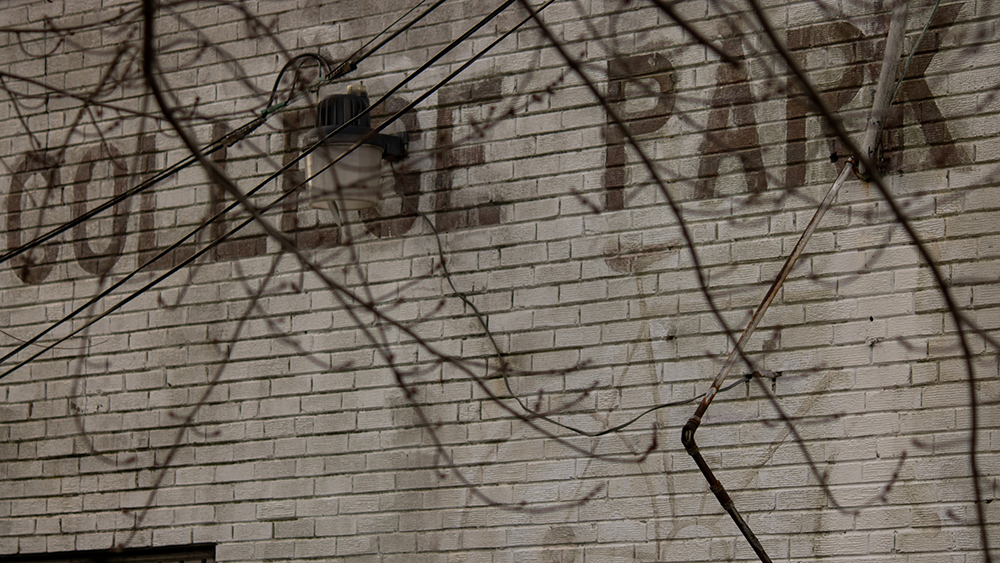In September, the CDC issued a nationwide eviction moratorium barring landlords from evicting tenants until Dec. 31. But as the year comes to a close, millions of tenants will owe months worth of rent.
Organizations in Prince George’s County have already witnessed the toll the pandemic is taking on families struggling to make rent in the area, and some fear what could happen in the winter months.
The Community Ministry of Prince George’s County is providing food and rental assistance to families struggling with the threat of eviction.
Jimmie Slade, the organization’s executive director, said it is receiving more calls for assistance than its answering machine can handle.
“It’s almost unimaginable how much worse it can get,” he said. “We’re well over our capacity already to even support people and respond to their needs.”
Aside from economic assistance, Slade said isolation, compounded with the threat of eviction, can be mentally and emotionally taxing, which is why the organization is also looking for ways to start providing emotional support for these families.
“We believe [having] groups that will talk with the person on a consistent basis will go a long way toward addressing that feeling of isolation,” Slade said.
[COVID-19 has hit immigrant communities hard. This local group has helped thousands.]
Amy Rice, vice president of programs at St. Ann’s Center for Children, Youth and Families said the center offers housing programs to support young people, pregnant people, and mothers and their children.
She’s concerned about what the coming winter months could mean for those who are housing insecure.
Rice said the center is doing everything it can to support its families and staff.
“We’ve increased the amount we’re giving our families, food and support that they need,” she said. “I think that it’s potentially going to be a long winter.”
Mark Huffman, director of Laurel Advocacy and Referral Services, Inc., says the housing crisis that already existed in Prince George’s County is getting substantially worse because of the pandemic.
The housing crisis, he said, stems from a chronic lack of affordable housing.
“There’s already a huge affordable housing problem that wages are not in any way keeping up with the cost of living and the cost of apartments around here,” he said.
There’s also a lack of education on homeownership for young people, added Alma Savoy, rental program officer of the Community Ministry of Prince George’s County.
[Demand soars for Meals on Wheels, College Park Community Food Bank amid COVID-19]
Huffman wants the Centers for Disease Control and Prevention to extend the moratorium through the end of March and agrees with the Low Income Housing Coalition’s push to get Congress to issue $100 billion in emergency rental assistance.
“It’s a catastrophic personal event,” he said, “and even to be threatened with it is certainly traumatizing, and it’s a huge event just for society.”
Slade agrees something needs to be done on the federal level.
“The amount of money that’s needed is so great that it’s beyond the state or the county or any entity other than the federal government to provide the relief that we’ve seen low-income renters need,” he said.



